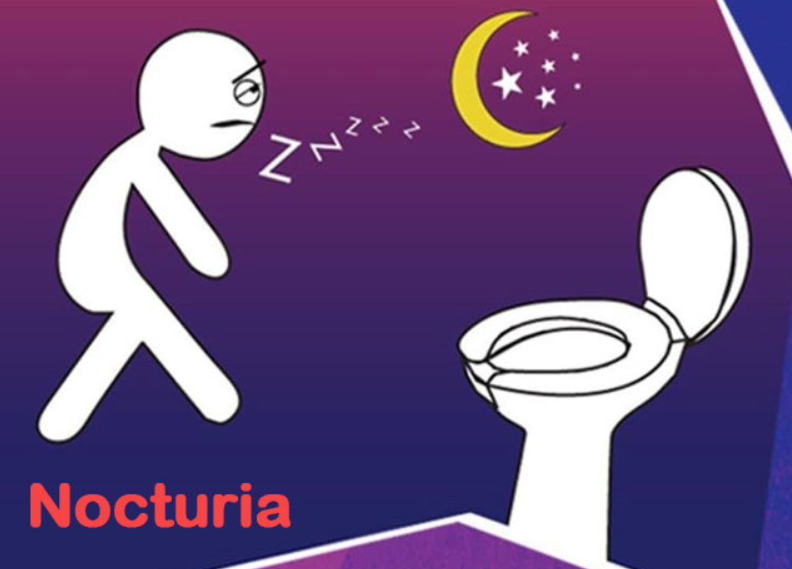Canker sores are sores in the mouth that affect 20% of the population. Women and the younger people are more likely to have them. Stress, a weakened immune system, anemia, stomach and bowel problems, and the use of certain drugs can all contribute to the development of aphthae.
They develop on the tongue, cheeks, or soft tissue in the oral cavity, but not on the hard gums or teeth. They might be tiny, big, or herpes-like in appearance.
Canker sores can grow up to a centimeter in diameter and remain for 7 to 14 days before healing without leaving scars. Canker sores occur on the cheeks or lips’ mucous tissues. Aphthae that are greater than one centimeter in length can persist anywhere from four to six weeks. Because they create a deeper wound, they heal more slowly.
Herpes-like aphthae, also known as herpetiform aphthae, are little aphthae that are found in clusters. They most commonly appear under the tongue and on the face and tongue mucous tissues. They have a herpes-like appearance but have nothing to do with it. They don’t come with a fever or bodily symptoms like herpes.
To reduce the symptoms, brush your teeth carefully. Use a soft brush. Avoid hard meals like bread crumbs, chips, hard meat, and fried fish if you have aphthae. They can irritate the aphthae and make the pain worse. Drinks that are effervescent or spicy, such as alcohol and juices, should be avoided. Sour and powerful spices like vinegar and tabasco sauce are the same way. Hot foods and beverages aggravate the symptoms. Aphthae is thought to arise when particular types of toothpaste are used, hence dentists recommend avoiding that toothpaste.




